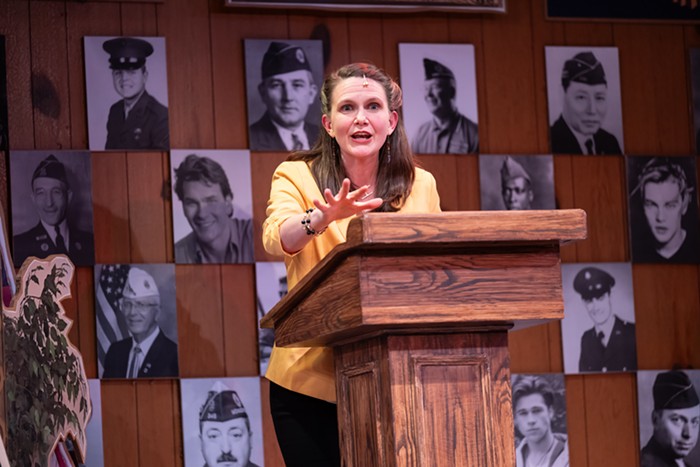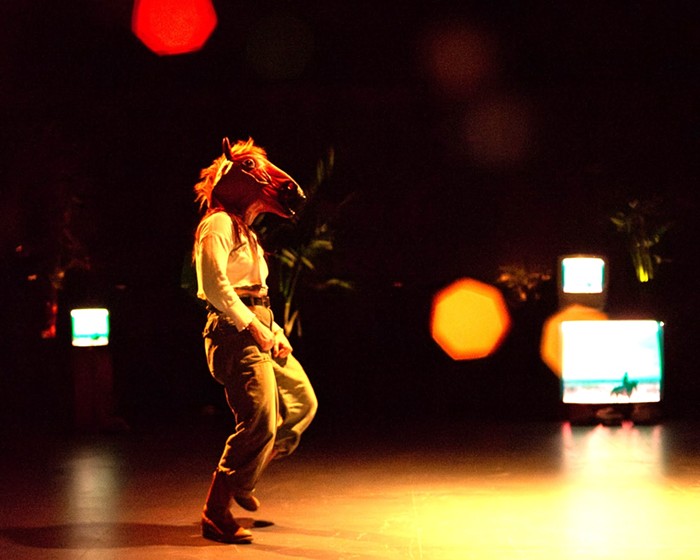I'm just going to say this: Ragtime is kind of a silly play.
The musical, based on the 1975 novel by E.L. Doctorow, aims to illustrate the interconnected plights of women, workers, African Americans, and immigrants in New York City at the turn of the century. There's a Jewish widower struggling to care for his sickly young daughter; a white woman forced to make her own decisions when her husband goes out of town; and a black ragtime musician who falls for Henry Ford's populist rhetoric and dares to think he's entitled to own his own brand-new Model T (predictably, small-town racists disagree). A lot of poignant historical circumstances intersect over the course of the production, and that's the problem: Ragtime's script is almost immediately done in by its own ambition. The plot is overstuffed, the songs trite, the politics oversimplified, and the moral equivalencies facile at best.
Thing is, though, Portland Center Stage (PCS) does tremendous work here. In fact, it's hard to imagine a better treatment: Every single aspect of the production seems geared toward counterbalancing the script's overblown elements, with some success. Joel Ferrell's choreography is balanced and effective; the set is deceptively simple, a multi-tiered backdrop that takes on shades of menace or wistfulness courtesy of Peter Maradudin's spectacular lighting. The cast is the best money can buy, and as always, it's satisfying to note that standout performances come from a couple of locals: Leif Norby as Tateh, the bearded Jewish father, and Susannah Mars as the stymied housewife. There's even a performance from a little boy (Alex Thede) that isn't the theatrical equivalent of chewing on tinfoil—a rarity among child performers.
As much as the production quality, under Chris Coleman's sensible direction, deserves praise, the selection of this play at this moment in time is equally noteworthy. I may have serious reservations about the way that history here is spliced, condensed, and soundtracked, but the fact remains that in the wake of the economic crisis and the health care debate, more people than ever are contemplating what we talk about when we talk about the American Dream. PCS should be commended for staging a production that speaks directly to the world we live in—even if it does speak in clichés.



















